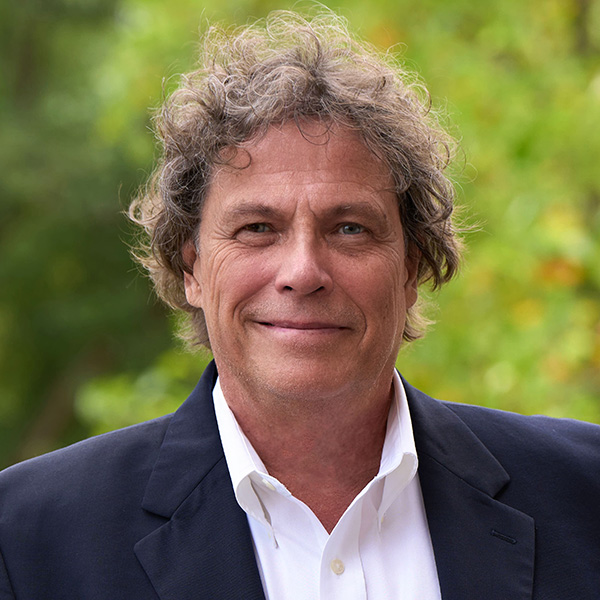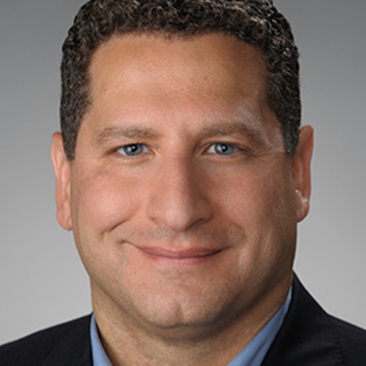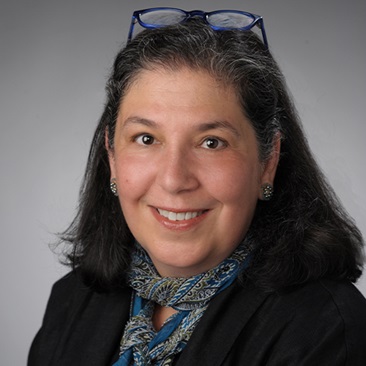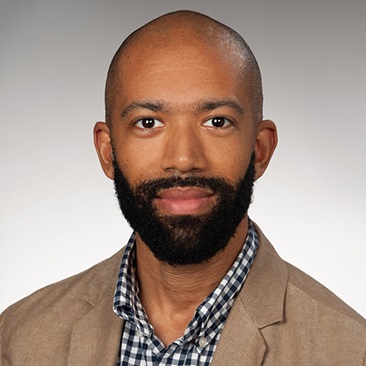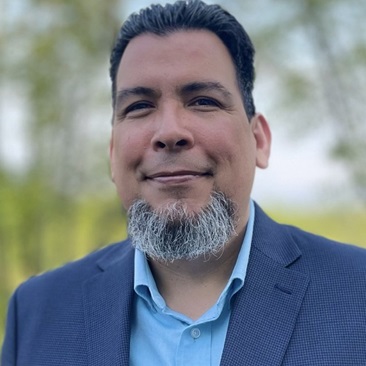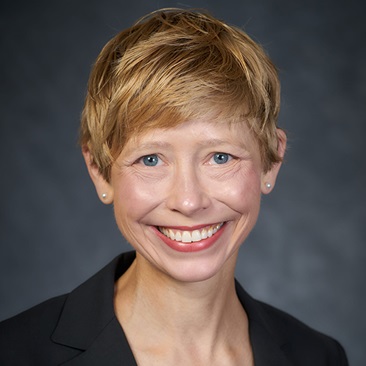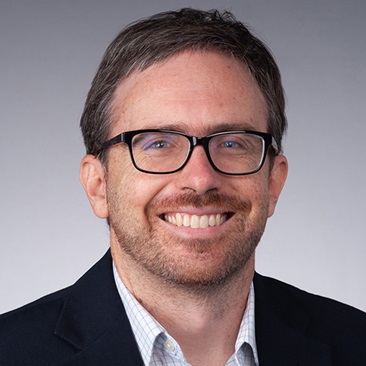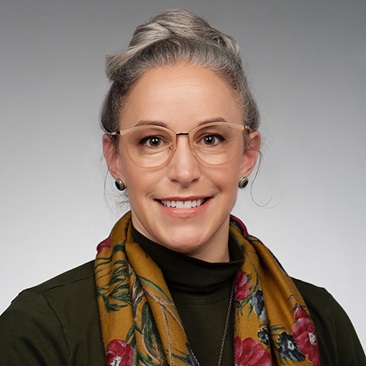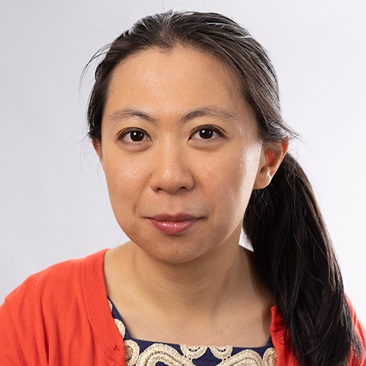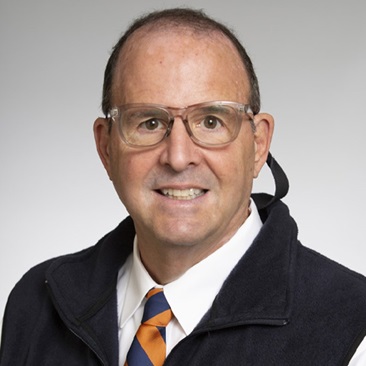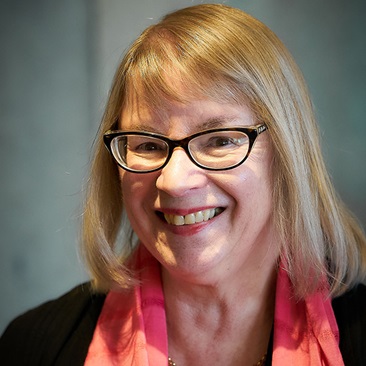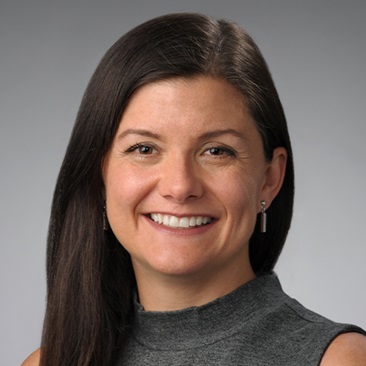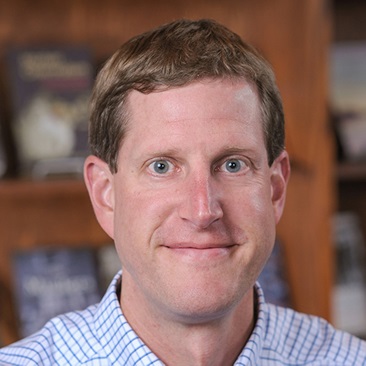Maxwell School Announces New Chairs, Faculty
September 9, 2021
The Maxwell School welcomes several new faculty members and announces the appointment of four department chairs.
The new chairs are as follows:
Julia L. Carboni, citizenship and civic engagement
Julia L. Carboni, associate professor of public administration and international affairs, co-directs the Collaborative Governance research initiative within Maxwell’s Program for the Advancement of Research on Conflict and Collaboration (PARCC). Her research focuses on collaborative arrangements to address large-scale social issues and social media use and management by nonprofit organizations, and has been funded by the Bill and Melinda Gates Foundation, the IBM Center for the Business of Government, the Army Research Office and the Social Science and Humanities Research Council of Canada. She co-founded the Indy Food Council and serves on national committees for several professional associations, including the American Society for Public Administration; the Network of Schools of Public Policy, Affairs, and Administration; and the University Network on Collaborative Governance. She received a Ph.D. from the University of Arizona in 2012.
Christopher R. DeCorse, anthropology
Christopher R. DeCorse, professor of anthropology, researches the archaeology, ethnohistory and ethnography of sub-Saharan Africa. He is particularly interested in how archaeology reveals the transformations that occurred in African societies during the Atlantic slave trade period in Africa. Recent publications include “Power, Political Economy, and Historical Landscapes of the Modern World: Interdisciplinary Perspectives, British Forts” (SUNY Press, 2019) and “Their Communities: Archaeological and Historical Perspective” (University Press of Florida, 2018), co-edited with Zachary J. M. Beier. DeCorse is also the author of several textbooks and he serves on the editorial boards for the International Journal of Historical Archaeology, the African Archaeological Review and Afrique Archéologie & Arts. He received a Ph.D. from the University of California, Los Angeles, in 1989. This is his third time serving as chair of the department.
Osamah F. Khalil, undergraduate program in international relations
Osamah F. Khalil, associate professor of history, is a historian of U.S. foreign relations and the modern Middle East. He is the author of “America’s Dream Palace: Middle East Expertise and the Rise of the National Security State” (Harvard University Press, 2016) and the editor of “United States Relations with China and Iran: Towards the Asian Century” (Bloomsbury, 2019). He has been a frequent media commentator and contributor to the Huffington Post, the Los Angeles Times, The Hill, Al Akhbar and Al Jazeera. In 2018, he received the Chancellor’s Citation for Faculty Excellence and Scholarly Distinction. He received a Ph.D. in history from the University of California, Berkeley, in 2011.
Amy Ellen Schwartz, economics
Amy Ellen Schwartz, professor of economics and public administration and international affairs, also serves as the Daniel Patrick Moynihan Chair in Public Affairs and is a senior research associate in the Center for Policy Research. She is also an emeritus professor of public policy, education and economics at New York University and a co-principal investigator and director of transportation research for the National Center for Research on Education Access and Choice. Her research on education policy and urban economics focuses on the nexus of schools, neighborhoods and public services and the causes and consequences of children’s academic, social and health outcomes. She serves on various editorial boards, including Regional Science and Urban Economics and Education Finance and Policy, and was the editor of Education Finance and Policy from 2014 to 2019. She received a Ph.D. in economics from Columbia University in 1989.
The following have joined the Maxwell faculty, full-time:
Sean J. Drake is an assistant professor in the department of sociology and a senior research associate in the Maxwell School’s Center for Policy Research. His research focuses on institutional mechanisms of segregation and inequality that disproportionately affect students of color and lower-income students. His forthcoming book, “Academic Apartheid: Race and the Criminalization of Failure in an American Suburb” (University of California Press), is an ethnographic study of institutional culture and school segregation in an affluent district. His work has been published in the Journal of Ethnic and Migration Studies, Urban Education and in the Journal of Education for Students Placed at Risk. He has received research funding from the Ford Foundation, and he is a fellow of the Yale Urban Ethnography Project and the National Center for Institutional Diversity at the University of Michigan. Drake previously served on the faculty at New York University. He received a Ph.D. in sociology from the University of California, Irvine, in 2017.
Marc A. Garcia, assistant professor of sociology, researches health disparities in the United States and Mexico with a focus on physical and cognitive health disparities among older racial/ethnic and immigrant adults and longevity and mortality outcomes among older Latinx subgroups. His recently published work includes “Educational Benefits and Cognitive Health Life Expectancies: Racial/Ethnic, Nativity, and Gender Disparities” in The Gerontologist and “The Color of COVID-19: Structural Racism and the Disproportionate Impact of the Pandemic on Older Black and Latinx Adults” in The Journals of Gerontology: Social Sciences. Garcia was an assistant professor at the University of Nebraska-Lincoln, where he was awarded the Harold & Esther Edgerton Junior Faculty Award. Garcia received a Ph.D. from the University of Texas-Austin in 2015.
Catherine Herrold, associate professor of public administration and international affairs, explores how citizens, nongovernmental organizations (NGOs) and public organizations work to promote social justice and democracy. She is a 2020-21 Council on Foreign Relations International Affairs Fellow serving at the U.S. Agency for International Development. She was previously an associate professor at the Indiana University Lilly Family School of Philanthropy and a faculty affiliate of the Paul H. O’Neill School of Public and Environmental Affairs. She also served as a visiting scholar at Birzeit University in Palestine and at American University in Cairo, Egypt. Her book, “Delta Democracy: Pathways to Incremental Civic Revolution in Egypt and Beyond” (Oxford University Press, 2020), uncovers the strategies that Egyptian NGOs used to advance the aims of the Arab Spring uprisings. She received a Ph.D. in public policy from Duke University in 2013.
Ryan Monarch, assistant professor of economics, researches buyer-supplier relationships in international trade and how the recent tariff war affected U.S. exports and supply chains. He previously served as a principal economist for the international finance division of the Board of Governors of the Federal Reserve. This past winter, he served as a visiting scholar at George Washington University. His work has been included in the Review of Economics and Statistics, the Journal of International Economics and various other publications. His research has been cited by The Wall Street Journal, The New York Times, Bloomberg, The Economist and Reuters, among others. He received a Ph.D. in economics from the University of Michigan in 2014.
Heather Law Pezzarossi, assistant professor of anthropology, is an anthropologically trained archaeologist who collaborates with Indigenous communities in North America to build community-led heritage projects. Her work with the Hassanamisco Nipmuc Community in Southern New England is highlighted in “Historical Archaeology and Indigenous Collaboration: Nipmuc Histories with Futures” (University Press of Florida, 2020), which she co-wrote. The publication was awarded the Society for American Archaeology’s Scholarly Book Prize in 2021. She also co-edited a volume titled “Indigenous Persistence in the Colonized Americas: Material and Documentary Perspectives on Entanglement” (University of New Mexico Press, 2019), which focuses on expanding archaeology’s understanding of Indigenous persistence in the face of long-term colonial occupation. She received a Ph.D. in anthropology from the University of California, Berkeley, in 2014.
Baobao Zhang, assistant professor of political science and core faculty member in the Autonomous Systems Policy Institute (ASPI), researches the governance of artificial intelligence (AI). She is especially interested in how the American welfare state could adapt to the increasing automation of labor. She was a Klarman Postdoctoral Fellow at Cornell University and a postdoctoral associate at the Massachusetts Institute of Technology. She served as a research affiliate with Centre for the Governance of AI at the University of Oxford and as a fellow with the Berkman Klein Center for Internet and Society at Harvard University. She was named a CIFAR Azireli Global Scholar in 2021. Her work has been published in PLOS One, Political Analysis, the Journal of Artificial Intelligence Research and Nature Climate Change. She received a Ph.D. in political science from Yale University in 2020.
In addition, Jay Golden has been named the inaugural Pontarelli Professor of Environmental Sustainability and Finance in the Department of Public Administration and International Affairs. He is a faculty research affiliate in the Center for Environmental Policy and Administration, and he has launched the Dynamic Sustainability Lab to examine the impacts of new technologies, policies and strategies aimed at meeting sustainability commitments.
In other faculty news, Catherine Gerard has been named a professor of practice of public administration and international affairs, after having served as an adjunct professor of public administration and associate director of Executive Education at Maxwell for many years. In July 2020, Gerard stepped down from her longtime role as director (and previously, co-director) of PARCC but stayed on to co-direct its Collaborative Governance Initiative.
And, Gladys McCormick has been promoted to associate dean for diversity, equity and inclusion (DEI) at the Maxwell School. McCormick was named Maxwell’s director of DEI in June 2020. She is an associate professor of history and the Jay and Debe Moskowitz Endowed Chair in Mexico-U.S. Relations at the Maxwell School, and she is senior associate in the Americas Program at the Center for Strategic and International Studies in Washington, D.C.
Related News
School News
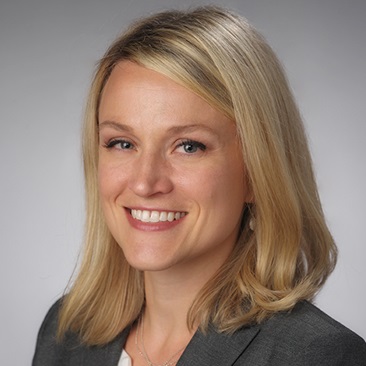
Mar 7, 2024
School News
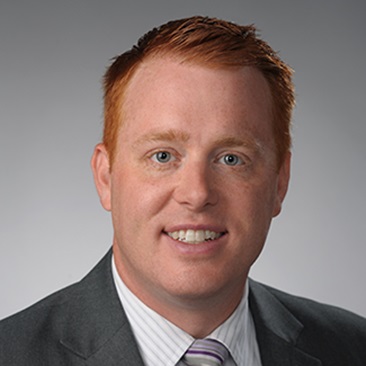
Jan 22, 2024
School News
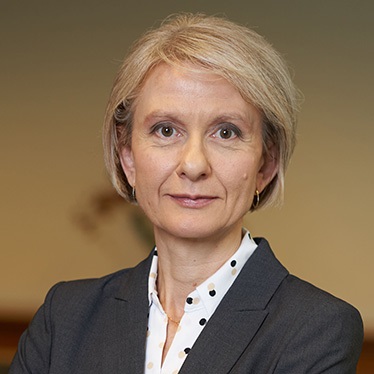
Nov 13, 2023
